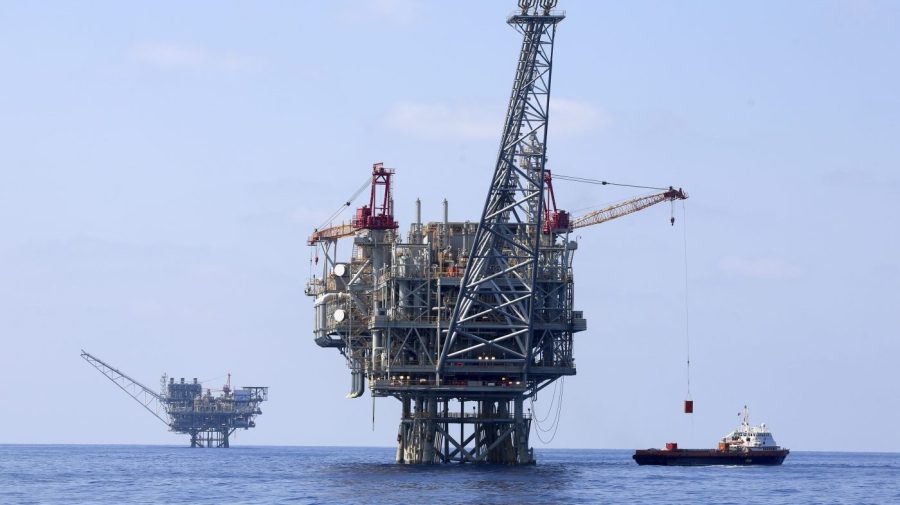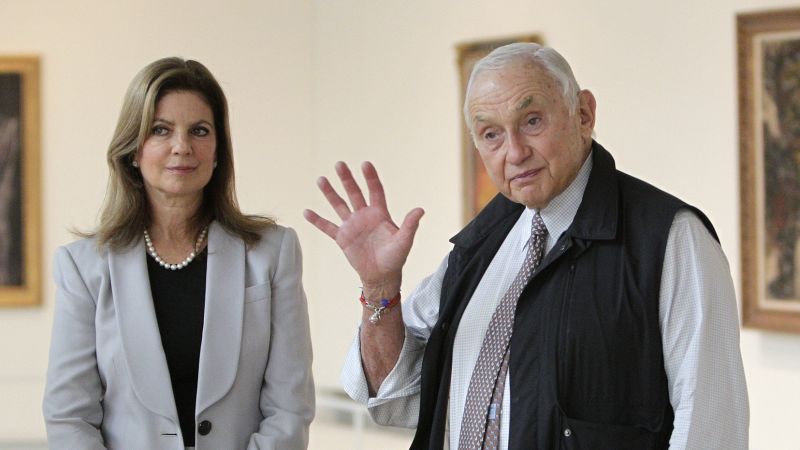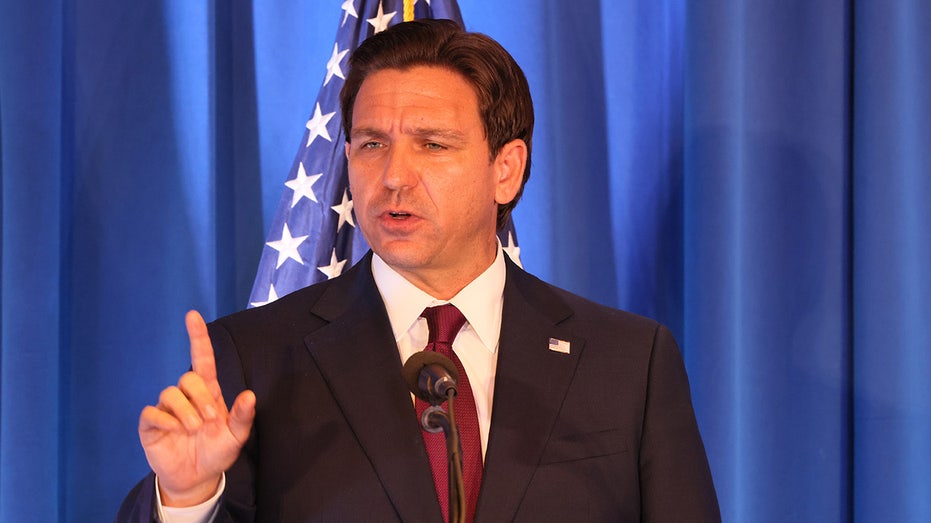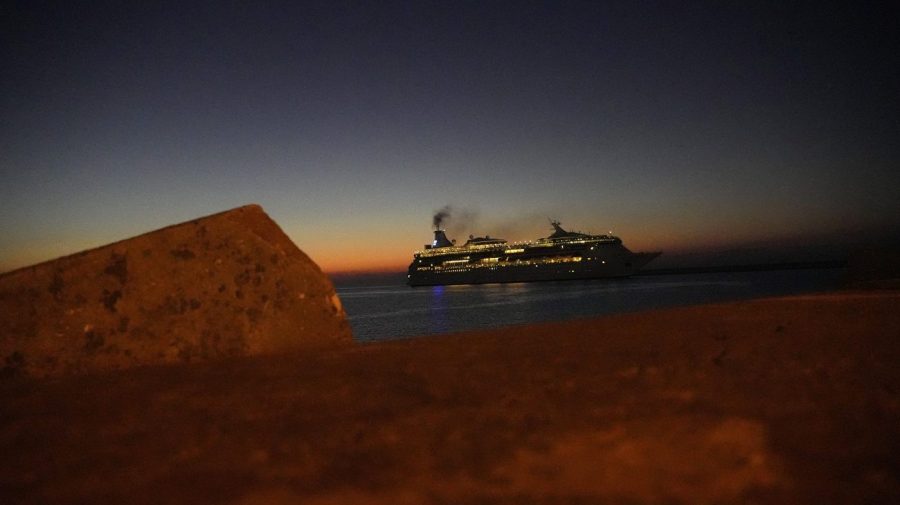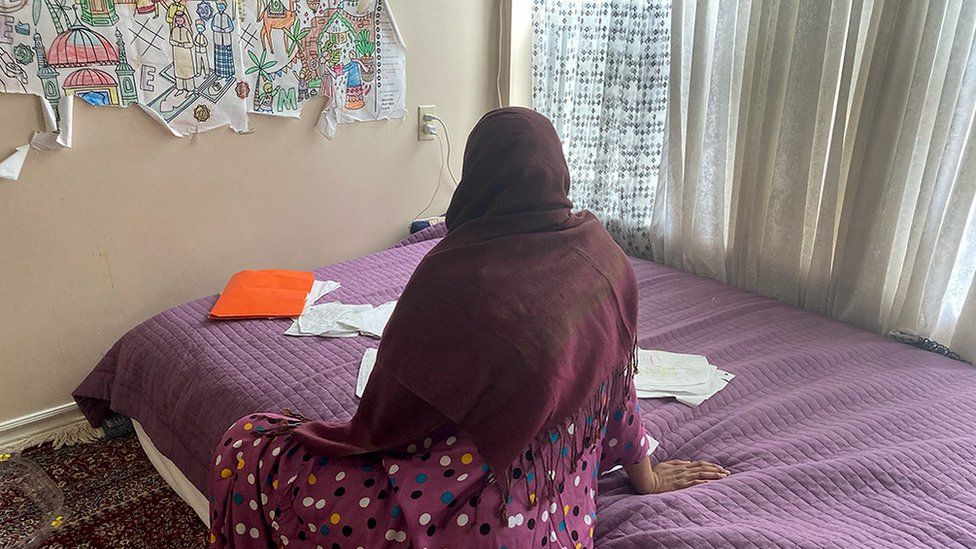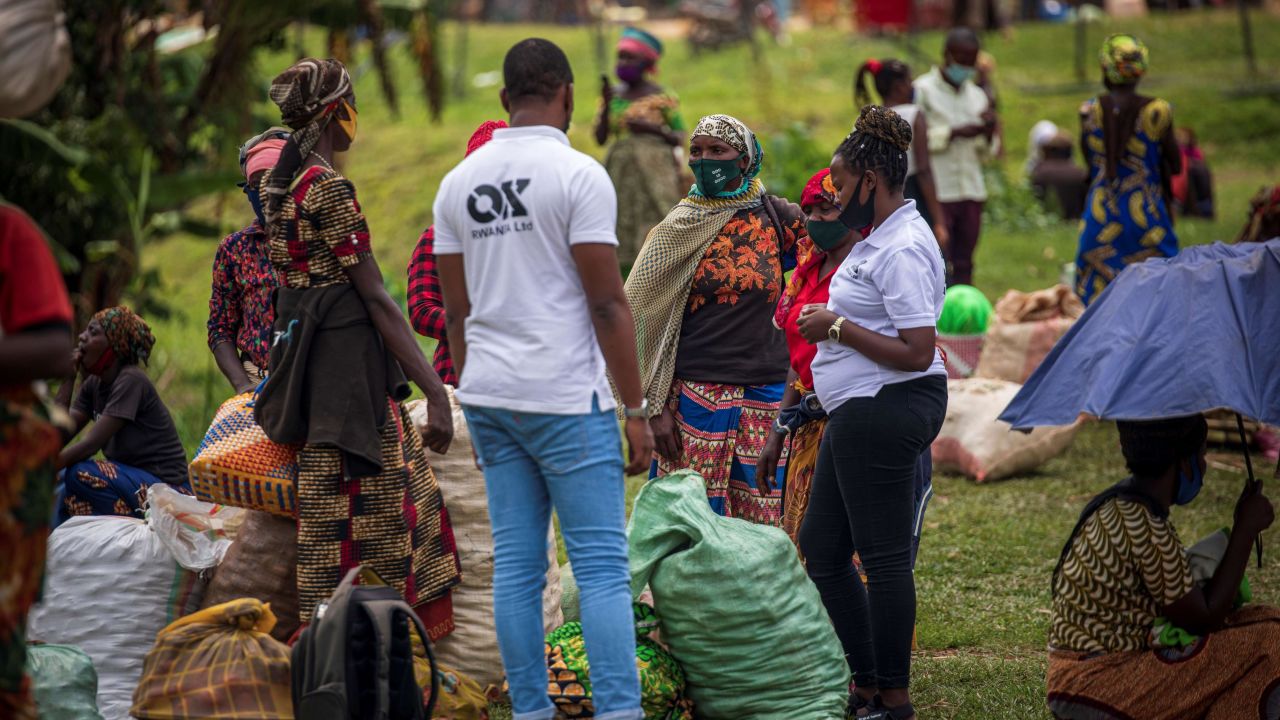International News | The Hill
In the aftermath of Hamas’s unprecedented assault on Israel, the ensuing war is threatening to rattle a key natural gas supply hub in the Eastern Mediterranean region.
Last Monday — just two days after Hamas launched the surprise attack — Israel’s Energy and Infrastructure Ministry announced a temporary halt in the supply of gas from the country’s Tamar reservoir.
Located about 15 miles west of the Israeli city of Ashkelon and well within the range of Gazan rocket fire, the Tamar rig predominantly serves Israel’s domestic energy needs, according to Chevron, a major shareholder in the facility.
Officials stressed that those needs would be fulfilled with other fuels, and that the sector is prepared to operate with alternatives whenever necessary.
But in addition to keeping the lights on at home, gas from Tamar — and from Israel’s larger Leviathan field — has been feeding a struggling Egyptian natural gas sector.
“The most direct current implication is for Egypt,” Brenda Shaffer, an energy policy specialist at the U.S. Naval Postgraduate School, told The Hill.
The additional supply of gas from Tamar, she explained, offered the country hope that it could reinvigorate its faltering liquefied natural gas (LNG) sector and revive exports to Europe.
Egypt hasn’t ceased shipping gas to Europe entirely, but “in the past several months, LNG export has decreased because of the shortage of gas in the domestic market,” Amit Mor, an energy consultant and lecturer at Israel’s Reichman University, told The Hill.
The sudden loss of a critical gas supply from Tamar, he explained, could increase existing strain on Egypt’s gas supplies and further jeopardize its export capabilities.
“It can really affect their regime stability,” added Shaffer, who previously served as a policy advisor to Israel’s Energy Ministry.
For the past year, she explained, Egypt’s natural gas shortage has caused widespread blackouts — circumstances that in the past have contributed to the fall of governments, such as that of former President Hosni Mubarak in 2011.
Hamas, which governs Gaza and is recognized as a terrorist organization by the U.S., initiated a deadly attack on Israel more than a week ago — launching thousands of rockets and infiltrating a number of Israeli towns and villages.
As of Monday, Israel said that more than 1,400 Israelis had been killed so far and that about 199 people had been taken hostage by Hamas, while the Gaza Health Ministry reported the deaths of at least 2,750 Palestinians as a result of the counteroffensive launched by Israel.
The Tamar production platform not only sits well within rocket–firing distance of Gaza, but its intake pipelines also run perilously close to the strip.
“The platform was bombed by Hamas about nine years ago,” Mor said, referring to an incident during the summer 2014 Israel-Gaza conflict, Operation Protective Edge.
During that campaign, Hamas launched about 40 rockets toward the platform, which likely led the Israeli government to take the current precautions, Mor explained.
Perhaps even more worrisome, according to Shaffer, is the vulnerability of the gas supply from Tamar once it reaches Israel’s shores, as the resource arrives in high concentrations to the coastal area just north ofGaza.
Israel last year generated about 21.92 billion cubic meters (28.3 trillion cubic feet) of natural gas from three reservoirs: Tamar, the larger Leviathan and a smaller field called Karish-Tanin, according to 2022 natural gas sector review conducted by the Energy Ministry.
About 58 percent of the gas served Israel, while 15.5 percent was exported to Jordan, via two pipelines in the North and South, per the report. The remaining 26.5 percent went to Egypt — some via Jordan but most through the East Mediterranean Gas (EMG) pipeline.
Following the Israeli Energy Ministry’s decision to shutter operations at Tamar, Chevron announced that it would be halting exports from Israel to Egypt that flow through the EMG pipeline.
Instead, the company said that it would be rerouting gas supplies to Egypt via an alternative channel — the FAJR Pipeline — that runs through Jordan, according to Reuters.
While most of the gas that Egypt imports from Israel comes from the Leviathan reservoir, which is far larger than Tamar, the loss of Tamar as a supplier is by no means trivial.
“Egypt and the relevant companies were hoping that the increased export from Israel, from Tamar, which had been approved by the Israeli government, would help Egypt increase its LNG exports,” Shaffer said.
While acknowledging that these LNG quantities might not have been dramatic on a global sale, Schaffer said that for Europe, the would-be recipient of the shipments, the exports would be “not a drop in the bucket, but not a gallon in the bucket.”
The Russia-Ukraine war has already dealt a blow to Europe’s natural gas supplies, triggering an energy crisis on the continent last year. The market has remained volatile, and gas prices surged a reported 15 percent following the Tamar shutdown.
Schaffer also described a significant loss of anticipated revenue for Egypt as a result of the reservoir shuttering.
As Egypt incurs these immediate effects, Shaffer anticipated that Israel should be able to survive short-term with its robust Leviathan and Karish supplies.
She did, however, criticize Israeli officials for their semi-recent decision to get rid of the country’s natural gas storage facility — given its regular involvement in conflict situations.
Shaffer was referring to a floating regasification storage buoy that was docked offshore from 2019 until the end of 2022, when Karish began operating.
The government, she explained, assumed that “with three functioning fields online that it doesn’t really need storage, but I think this illustrates a big mistake, especially for a country like Israel.”
Nonetheless, Shaffer maintained that Israel should have enough to fulfill its present needs.
Domestic demand, she continued, has also dropped due to the fact that the country is not supplying electricity to Gaza — which was receiving about 10 percent of Israel’s production.
These cuts occurred last week, when Energy Minister Yisrael Katz announced that he had stopped electricity, water and diesel transfers to the strip.
Aside from some solar energy, there are no electricity provisions in Gaza, which Mor said is experiencing “a major humanitarian crisis.” No electricity also means no water production, pumping or wastewater treatment, he noted.
The ensuing environmental catastrophe, Mor continued, is now “also affecting Israel because once sewage is not treated, it is flowing to Israel.”
“This humanitarian crisis is going to increase no doubt,” he said. “This aspect, it is very bad — it’s a part of the overall pressure of Israel on Hamas.”
As far as Israel’s own electricity needs are concerned, Mor agreed that the short-term impacts of the Tamar shutdown should be minimal.
He expressed greater concern about Israel’s fate should a prolonged conflict arise with Hezbollah along the northern border — which is much closer to the Leviathan and Karish production platforms.
Such a scenario could require power plants to shift to diesel, assuming that the Ashkelon and Haifa oil ports were still operating — or the country builds up its strategic reserves, according to Mor.
“In the longer term, if the war escalates, there’s going to be a major impact on the energy economy,” he added.


